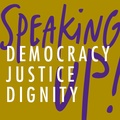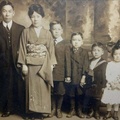
Greg Robinson
@GregGreg Robinson, a native New Yorker, is Professor of History at l'Université du Québec À Montréal, a French-language institution in Montreal, Canada. He is the author of the books By Order of the President: FDR and the Internment of Japanese Americans (Harvard University Press, 2001), A Tragedy of Democracy; Japanese Confinement in North America (Columbia University Press, 2009), After Camp: Portraits in Postwar Japanese Life and Politics (University of California Press, 2012), Pacific Citizens: Larry and Guyo Tajiri and Japanese American Journalism in the World War II Era (University of Illinois Press, 2012), and The Great Unknown: Japanese American Sketches (University Press of Colorado, 2016), as well as coeditor of the anthology Miné Okubo: Following Her Own Road (University of Washington Press, 2008). Robinson is also coeditor of the volume John Okada - The Life & Rediscovered Work of the Author of No-No Boy (University of Washington Press, 2018).
His historical column “The Great Unknown and the Unknown Great,” is a well-known feature of the Nichi Bei Weekly newspaper. Robinson’s latest book is an anthology of his Nichi Bei columns and stories published on Discover Nikkei, The Unsung Great: Portraits of Extraordinary Japanese Americans (University of Washington Press, 2020). It was recognized with an Association for Asian American Studies Book Award for Outstanding Achievement in History Honorable Mention in 2022. He can be reached at robinson.greg@uqam.ca.
Updated March 2022
Stories from This Author
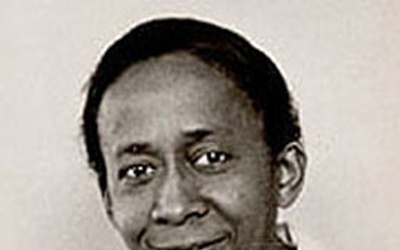
Erna P. Harris: An African-American Champion of Equality
Nov. 26, 2019 • Greg Robinson
One part of the history of Japanese Americans that has been curiously neglected is the disproportionate support offered them by Black Americans at the time of their mass wartime confinement. Victims of racial injustice themselves, African Americans demonstrated different forms of solidarity to their Nikkei counterparts during those years. In particular, there are numerous examples of African American writers and journalists who spoke out in support of the rights of Japanese Americans in the wake of Executive Order 9066. The …
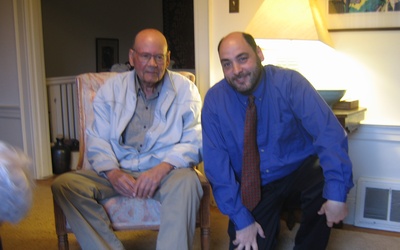
Japanese Americans and the legacy of Hugh Macbeth
Nov. 13, 2019 • Greg Robinson
The passing of Hugh Macbeth, Jr., who died in September 2019 at the age of 100, offers us an opportunity to reflect once more on the story of the remarkable Macbeth family and especially Hugh Macbeth, Sr and Jr, the father-son team of African American lawyers who provided outstanding support to Japanese Americans in the World War II era. One of the most gratifying and inspiring experiences of my life was uncovering their story and bringing it to public attention. …
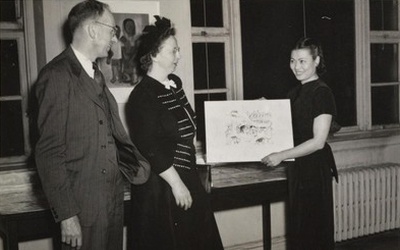
The French (Nikkei) Connection: Japanese Americans in Midcentury Paris
Oct. 28, 2019 • Greg Robinson
My recent article on the French-born mixed-race Japanese writer Kikou Yamata, whose works were published in translation in the United States and discussed in Nisei literary reviews, has inspired me to delve more into the fascinating and varied history of the connections that Japanese Americans forged with France during the period before and after World War II, and the nature of their cultural exchange. This is an enormous subject, which encompasses such diverse elements as the experience of the Nisei …
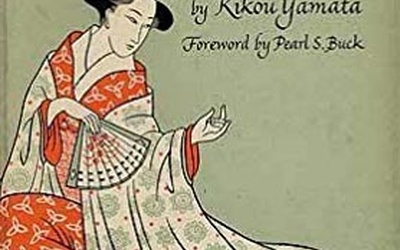
Kikou Yamata: Rediscovering the First Nisei Writer
Oct. 14, 2019 • Greg Robinson
Throughout the 20th century, Nikkei writers have dreamed of writing “the Great Nisei novel,” a work of literature that would express the Japanese/American experience and show off the writing talents of the second generation. Critics have meanwhile drawn attention to existing works as the “greatest”. Frank Abe, my friend and collaborator on the new anthology John Okada, claims the prize for Okada’s novel, No-No Boy (1957). I have several favorite candidates, including Gene Oishi’s remarkable work, Fox Drum Bebop (2014). …
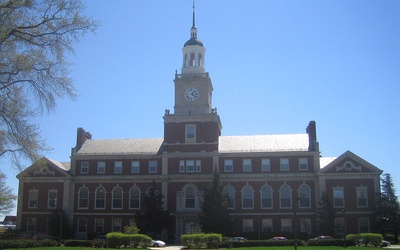
Stepping over the Color Line: Nikkei at Historically Black Colleges and Universities
Sept. 30, 2019 • Greg Robinson
One pillar of American education is the network of Historically Black Colleges and Universities (HBCU). Founded to give free blacks access to higher education in the century following Emancipation, a period when African American students remained largely excluded from mainstream universities, these institutions sprang up all through the South and borderlands. Today, fifty years after the Civil Rights Movement, there are some one hundred HBCUs, both public and private, still in operation in the United States. Even though their primary …
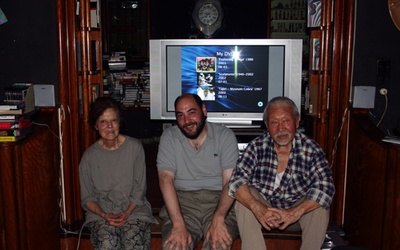
Shinkichi Tajiri and the Paradoxes of Japanese American Identity
Sept. 17, 2019 • Greg Robinson
Although Shinkichi Tajiri was born and spent his early years in the United States, and served in the US army during World War II as part of the renowned “Go for Broke” 442nd Regimental Combat Team, he is best known for his work as an artist in Europe. In fall 1948 Shinkichi Tajiri sailed to France. He remained in Europe in “self-imposed exile,” as he later termed it, for the rest of his life. At first, he lived in Paris. …
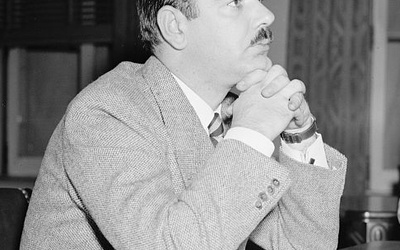
Ken Magazine and Prewar anti-Japanese Propaganda
Aug. 27, 2019 • Greg Robinson
One of the larger causes of Executive Order 9066, and the U.S. government’s wartime confinement of Japanese Americans, can be found in the widespread expressions of race-based fear and suspicion against West Coast Issei and Nisei in the years before Pearl Harbor. During these years hate merchants, both on the West Coast and beyond, repeatedly accused Japanese Americans of being spies and saboteurs for Tokyo—launching their charges on the flimsiest of evidence or no evidence at all. As I reported …
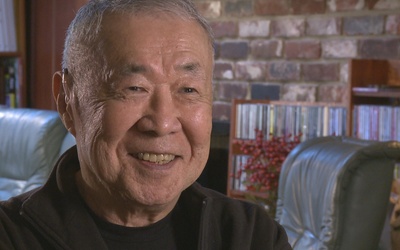
Paul Takagi: A fearless Advocate
June 13, 2019 • Greg Robinson
Many notable events of 1969—the first landing on the Moon, the Woodstock Rock Festival, the Stonewall Riots, and the New York Mets World Series victory, among others—have been the subject of widespread commemoration lately, as their respective 50th anniversaries dawn and people take stock of the diverse legacies of that monumental year. Asian American Studies scholars, for their part, are now celebrating the 50th anniversary of the birth of the field. Popular attention has tended to focus on the student strikes at …
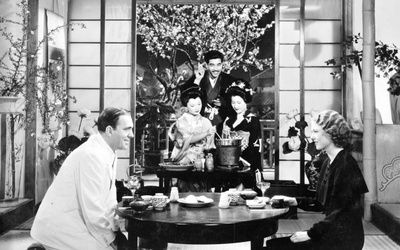
Teru Shimada - a Japanese American Pioneer in Hollywood - Part 1
April 30, 2019 • Greg Robinson
One of the great leading men of motion picture history was Sessue Hayakawa, whose magnetic good looks and style captivated audiences around the world. Hayakawa and his wife Tsuru Aoki were top stars in Hollywood during the silent film era. However, with the coming of sound film, their careers declined. Hayakawa left Hollywood for a generation, made movies in France and Japan, then returned to the United States after World War II to play character parts, most notably his Oscar-nominated …
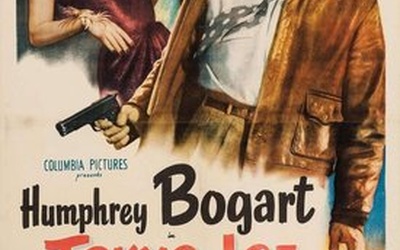
Teru Shimada - a Japanese American Pioneer in Hollywood - Part 2
April 30, 2019 • Greg Robinson
Read Part 1 >> In summer 1945, while still confined at Poston, Teru Shimada was cast as a Filipino scout in a war propaganda film for 20th Century Fox, to be entitled “American Guerilla in the Philippines.” (Production of the film was set for Puerto Rico, because its beaches and terrain were considered to resemble those of the Philippines). However, once Japan surrendered and the war ended in late summer 1945, the project was shelved indefinitely. Shimada later claimed that …


